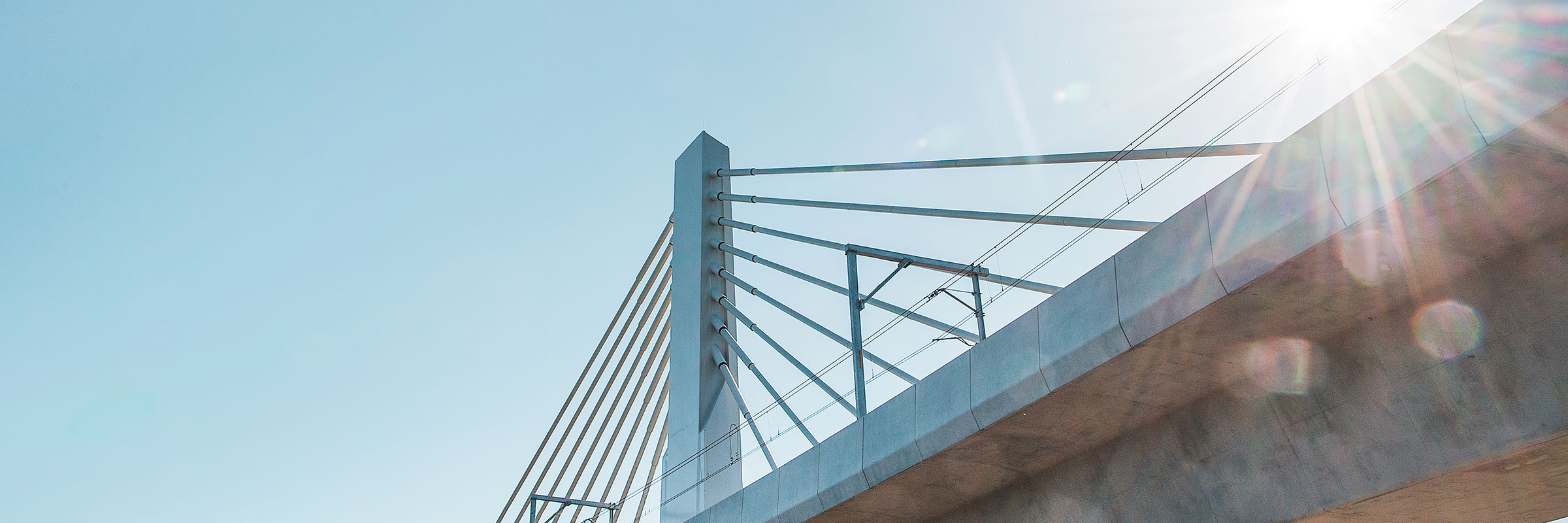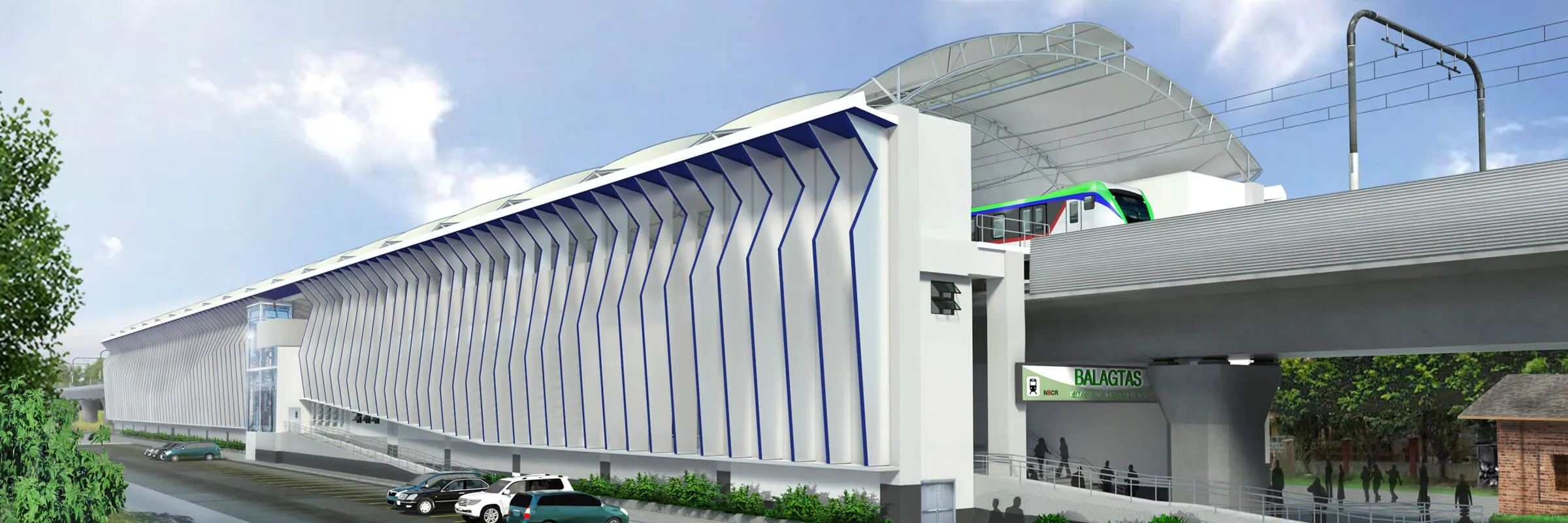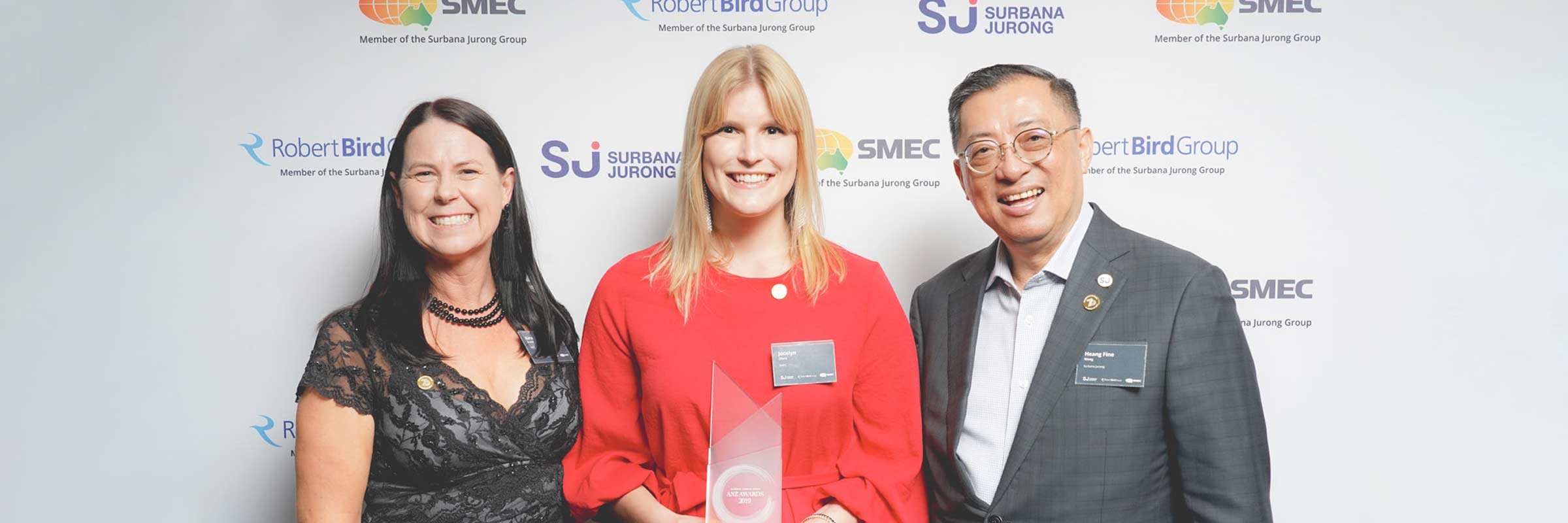

Jocelyn hopes to return to the Philippines and complete a flood study for the whole area of Metro Manila. “Whilst working in Manila on a previous project, I found out first hand that flooding information was limited and often based on outdated information (such as topography data from the 1950’s). As I was working in Manila during monsoon season, I saw firsthand how devastating the floods can be and the impact it has on residents. I would love to work with the government to develop flood mitigation strategies to reduce the flooding impacts for at-risk communities and ensure that future developments are safe and well planned.”
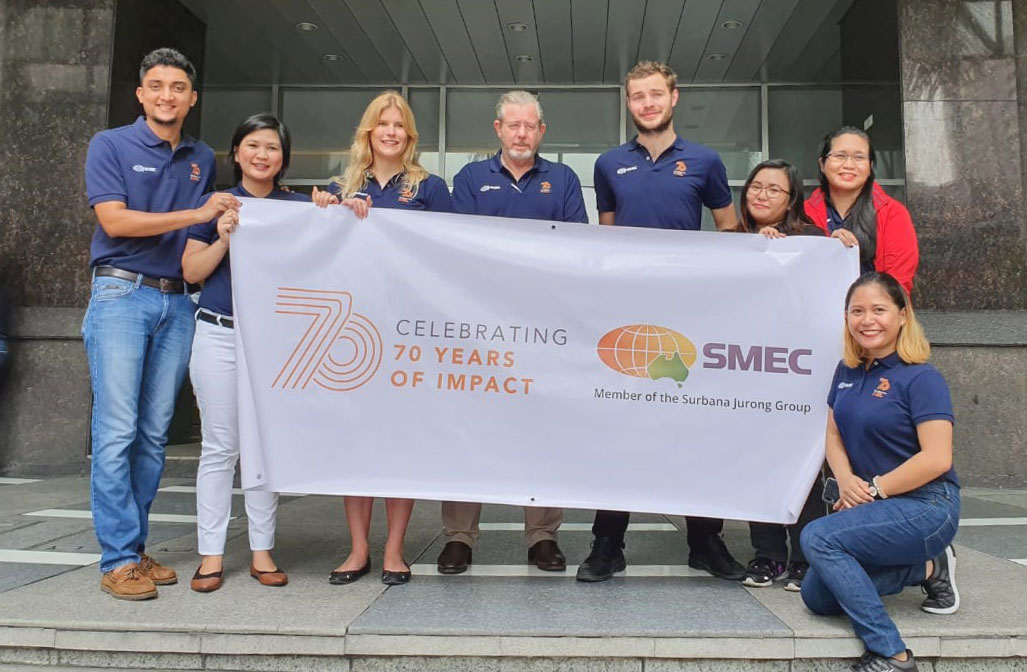
Developing technical skills and beyond
Ongoing training has enabled Jocelyn to advance her technical skills, furthering her specialisation in flooding, stormwater design and water sensitive urban design. She attends regular in-house technical sessions, for example Australian Rainfall and Runoff (ARR) Learning Circles where a senior SMEC specialist leads a discussion based on the books within ARR 2019. Jocelyn has also completed SMEC’s in-house Project Management course. “Career wise I want to continue developing my water related technical skills whilst simultaneously building my business and project management skills.”
At SMEC, learning isn’t limited to your role as an engineer, as Jocelyn recently discovered when she had an opportunity to bring an internal innovation to life for the benefit of the whole organisation. With 16,000+ employees operating across dozens of countries, Jocelyn identified the need for a user-friendly way for internal employees to find and connect with colleagues based on specific skills. “We have so much talent and expertise within SMEC and our larger network the Surbana Jurong Group. There could be someone in another city who can help with your AutoCAD query, or a colleague in another country who has deep specialist expertise in cable-stayed bridges. But there is no centralised way of finding and connecting with these people.”
This led to Jocelyn pitching the concept of the Buddy Finder – a internal application that will allow employees to search for colleagues based on specialist skills and project experience. After her pitch was enthusiastically welcomed and supported by senior management, Jocelyn worked with cross-functional teams to develop a prototype platform that will be launched shortly. “I’m excited about how the Buddy Finder can improve collaboration across our business and the solutions we can offer clients”.
In recognition of her innovative contribution, Jocelyn won the Surbana Jurong ANZ 2019 Young Female Professional of the Year Award, an achievement she says is the highlight of her career to date.

Don’t be scared to self-promote
Jocelyn encourages young women entering the industry to speak confidently about what their achievements and capabilities. “There’s a lot of studies that have shown that females are less likely to self-promote and tend to have less confidence in themselves compared to men. Show your workplace and industry what you are capable of and be proud of your successes.”
Excerpts of this article originally appeared in International Water Power and Dam Construction
Related
insights
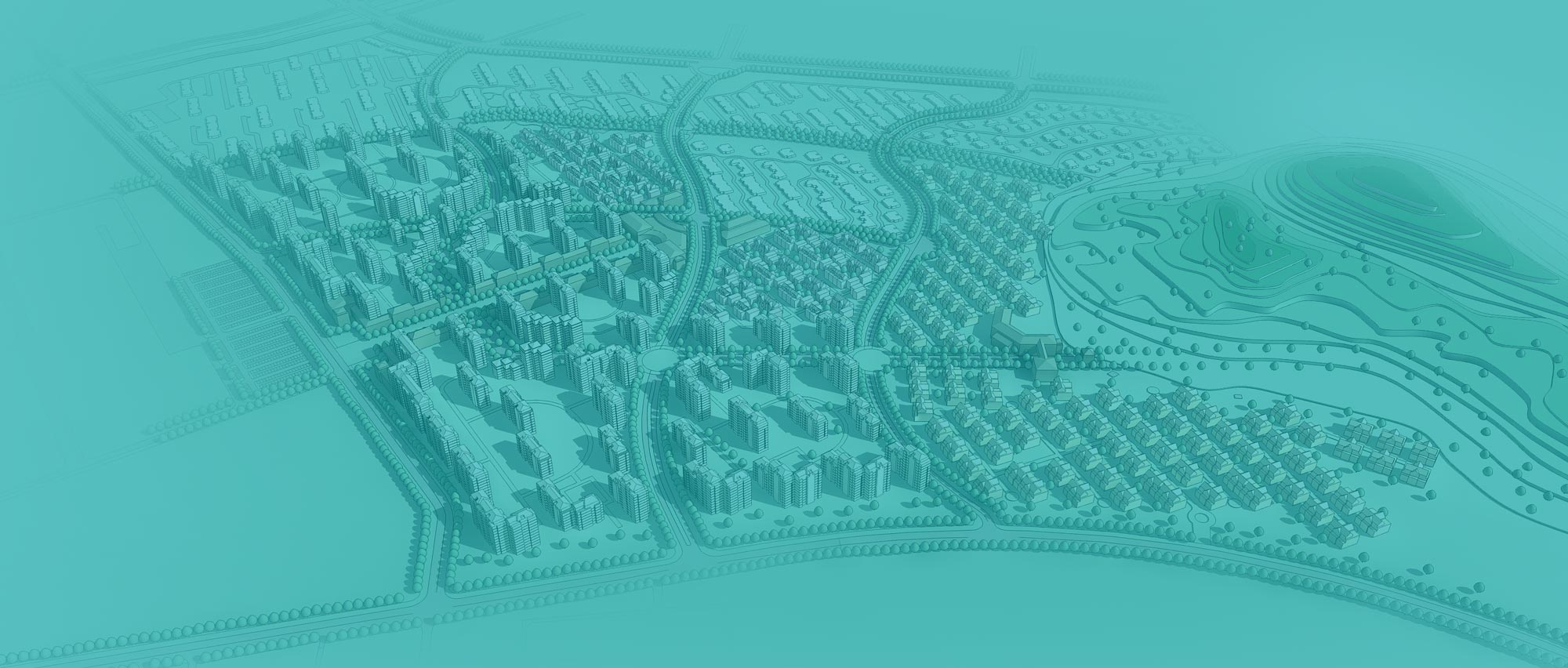 Delivery in the digital age. People powered technology.
Delivery in the digital age. People powered technology.
I often ponder about the future of our industry and where technology will lead us and indeed, where will we lead technology. Is technology challenging the equilibrium when it comes to a full-service offering in the engineering industry? Some would say yes if our lives today are anything to go by.
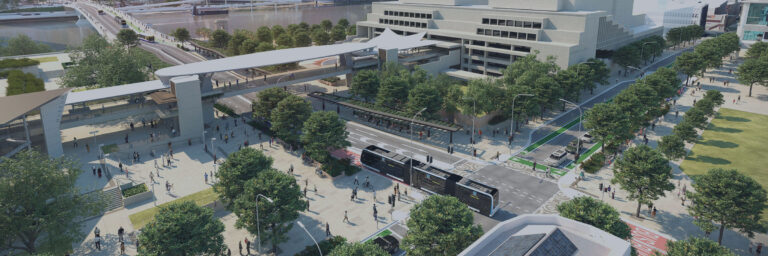 Engineering the Olympics: Transport and Accessibility
Engineering the Olympics: Transport and Accessibility
In preparation for the 2032 Brisbane Olympic and Paralympic Games planning discussions have commenced between all levels of Government, Brisbane City Council and the International Olympics Committee.
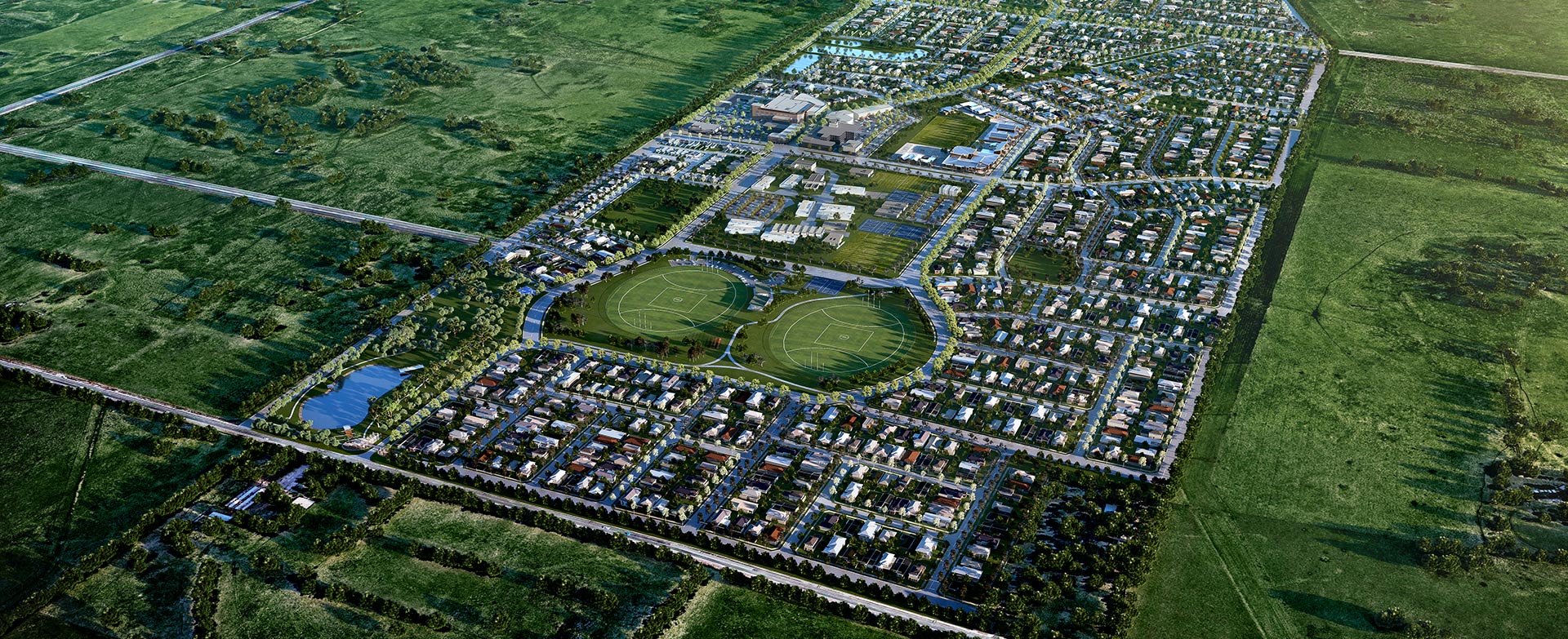 70 Years Forward: Urban communities
70 Years Forward: Urban communities
Urban development has changed dramatically over the past 20 years and future transformation will continue to occur swiftly. At SMEC, we are preparing for seismic shifts in urban development practices that could potentially rewrite how we design the spaces in which we live and work.
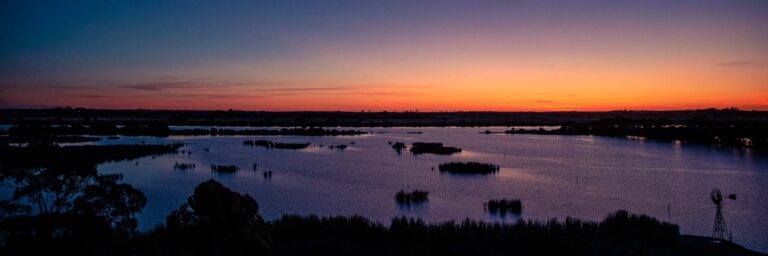 Collaboration key to successful community outcomes for water resilience projects
Collaboration key to successful community outcomes for water resilience projects
The Murray-Darling Basin is an area of vast significance to Australia. It plays a crucial role in Australia’s food supply network, producing over 40% of our agricultural produce, and is home to 35 endangered species and 16 internationally significant wetlands. It supports over 2.2 million Australians, including 40 different First Nations communities.

